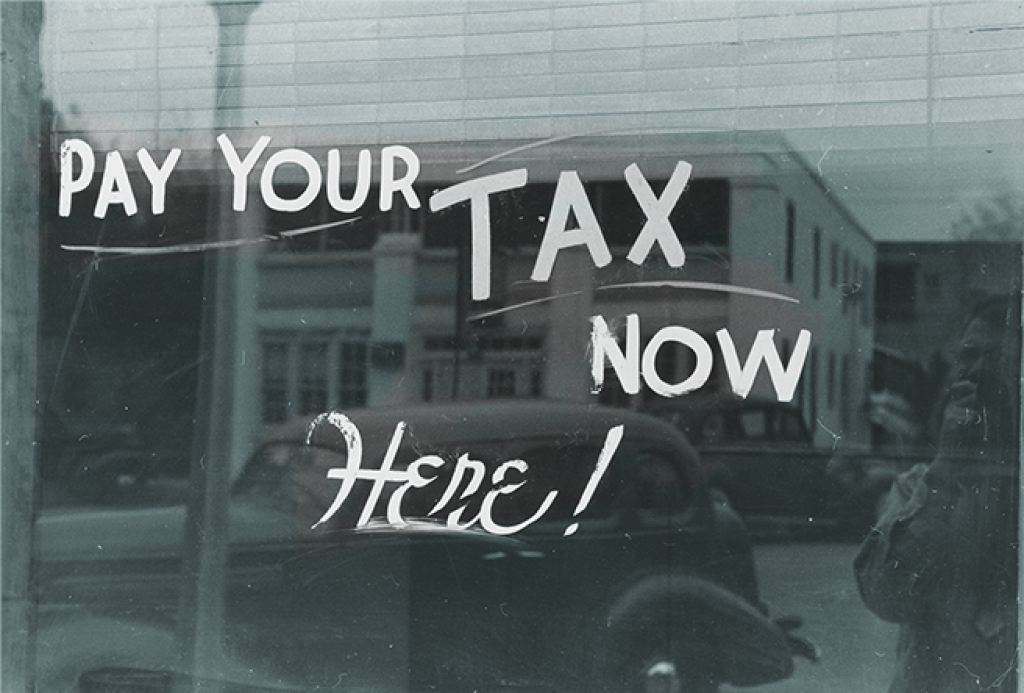Disclosing effective tax rate – a strategic decision?

Due to an intense media coverage of firms‘ tax avoidance strategies, many firms worry about their reputation. The increase in media attention has raised both firms’ and tax authorities’ sensitivity towards the provided tax information. The cases of global firms that avoid taxes and exhibit low or zero Effective Tax Rate (ETR), such as Starbucks and Google, have even triggered public resentment and go so far as to result in “tax shaming” of these firms. How to disclose tax information in annual reports has consequently become a strategic decision for firms. A team of TRR 266 researchers shed light on this development, as they explore when and why firms highlight their ETR.
Even though there is an increase in attention to corporate tax information, there is only little research on corporate tax disclosure habits and about how firms communicate their tax information. An interesting question is, when and why firms highlight one of the most important tax-related ratios, the ETR. The TRR 266 research team of Vanessa Flagmeier, Jens Müller and Caren Sureth-Sloane addresses this question by investigating German DAX30 and MDAX firms over the period 2005 to 2018. They find that these firms increase or decrease visibility of the ETR in their financial statements as a distinct disclosure choice. However, this choice is determined by a trade-off in their ETR disclosure decisions.
The trade-off in ETR disclosure decisions
On the one hand, firms have an incentive to increase ETR visibility when the ETR offers shareholders favorable conditions, such as higher expected after-tax cash flows due to relatively low tax payments. On the other hand, the disclosure of such a favorable low ETR could attract the attention and negative reactions of tax auditors and the public. As a result, firms have to weigh costs and benefits of high ETR visibility for their disclosure decision.
Increased visibility for favorable ETR
The research shows an increased ETR visibility when the ETR has a favorable condition from a shareholder-oriented perspective. This finding applies to smooth, close to the industry average, and decreasing ETRs. The latter case indicates that visibility is higher even if considerable disclosure costs can be expected. For unfavorable ETR conditions (volatile ETR), the results suggest a tendency towards reduced visibility. Interestingly and in contrast to the main results, a subsample of family firms does not seem to highlight favorable ETRs.
Level of ETR and degree of the decrease
In additional tests, the authors examine different nuances of ETR decreases, varying the level from which the ETR decreases and the magnitude of the decline. While moderately decreasing ETRs at usual levels have a high visibility, extreme ETRs are not highlighted. These findings suggest that the expected benefits of highlighting favorable ETRs outweigh the predicted costs resulting from other stakeholder concerns only if the ETR level and decrease is not unusual.
Impact
The findings indicate that ETR disclosures are a powerful signal and can be used as a strategic decision. The evidence is important from an investor’s perspective as it may encourage them to consider ETR information in their assessment of a firm’s tax status, tax risks and ultimately in their decision-making. According to this study, a low ETR disclosure visibility can be an indicator of an unfavorable or extreme ETR. This could lead investors and other financial statement readers to question tax information more closely.
To cite this blog:
Flagmeier, V., Müller, J., Sureth-Sloane, C. (2021, October 21). Disclosing Effective Tax Rate – a strategic decision?, TRR 266 Accounting for Transparency Blog. https://www.accounting-for-transparency.de/blog/disclosing-effective-tax-rate-a-strategic-decision/
Responses